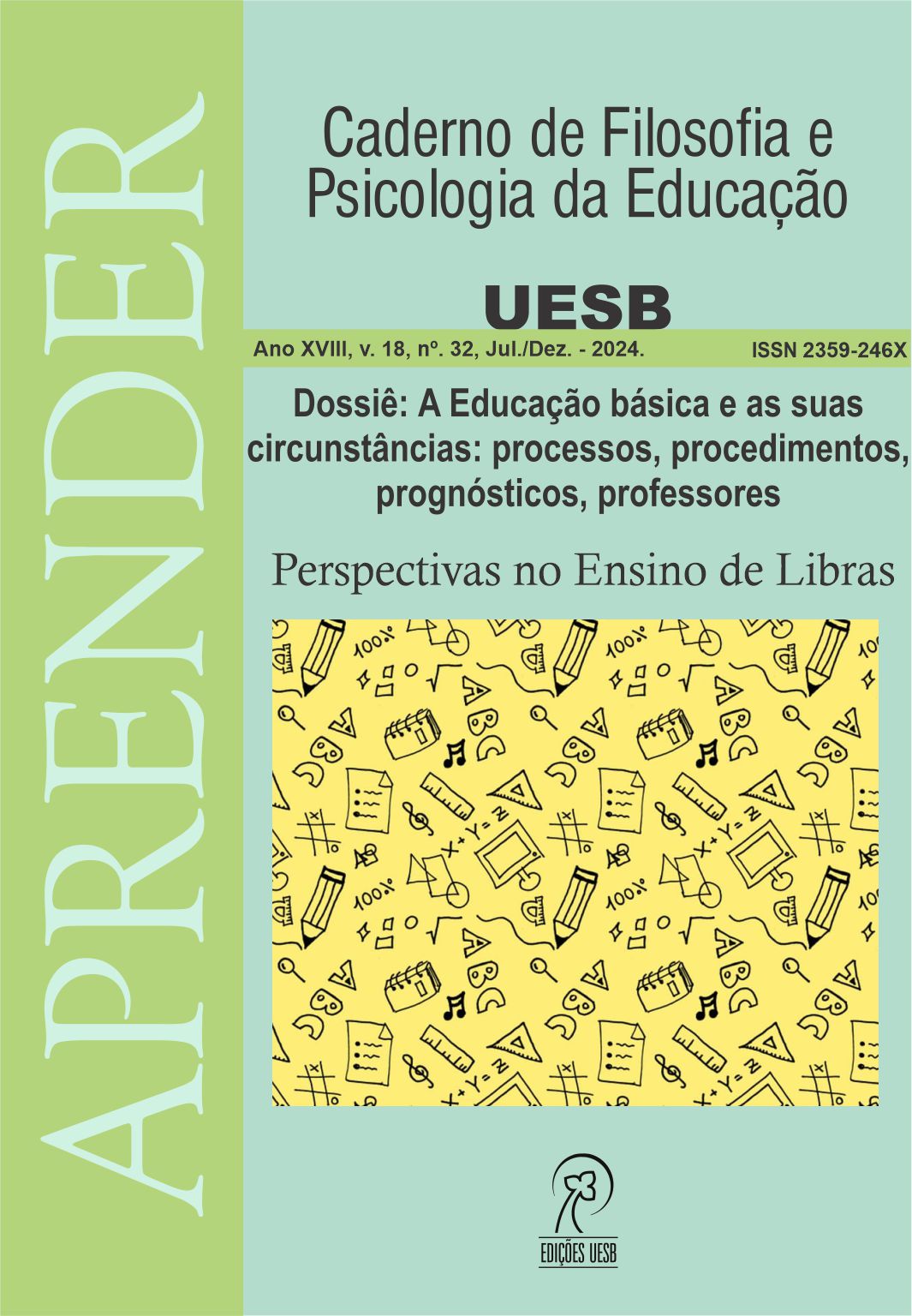Critical interculturality and ecology of knowledge: a counterpoint to the monopoly of one culture as the universal heritage of humanity
DOI:
https://doi.org/10.22481/aprender.i32.14452Keywords:
Critical Interculturality, Ecology of Knowledges, MulticulturalismAbstract
Critical interculturality aims to collaborate in the construction of a more just, diverse, plural and democratic society, countering the monoculture that was formed in the West and has spread throughout the world. The Ecology of Knowledge is based on a critique of the suppression of the knowledge of colonized peoples and nations, considered subaltern, marginal and underdeveloped. Both perspectives criticize colonialism as a form of domination in all its different forms (knowledge, being and power), as well as opposing the idea of a hegemonic and universal culture of humanity. Starting from the encounter and intertwining of these two positions, we are challenged by the following question: how can critical interculturality and the Ecology of Knowledge contribute to confronting multiculturalism and the idea of a universal hegemonic epistemology? Methodologically, this is a qualitative, historical and documentary study inspired by authors such as Fornet-Betancourt (2004), Catherine Walsh (2013), Boaventura Santos (2010), Raimon Panikkar (2002) and others. The aim is to analyze the main assumptions of critical interculturality and the Ecology of Knowledge as a way of confronting multiculturalism and epistemological hegemony. On first reading, it is possible to affirm that both perspectives are fundamental to confronting the thesis of universal hegemonic culture and epistemology.
Downloads
References
CANDAU, Vera Maria, (org). Entre, tensões e propostas. Rio de Janeiro. Editora 7 letras, 2009.
DUSSEL, Henrique. Transmodernidade e interculturalidade: interpretação a partir da filosofia da libertação. Revista Sociedade e Estado – Volume 31 Número 1 janeiro/abril 2016. Disponível em: https://www.scielo.br/j/se/a/wcP4VWBVw6QNbvq8TngggQk/#. Acesso em: 11 fev.2024.
FORNET-BETANCOURT, Raul. Questões de método para uma filosofia intercultural a partir da Ibero-América. São Leopoldo. Ed. UNISINOS. 1994.
FORNET-BETANCOURT, Raul. Interculturalidade: criticas, diálogos e perspectivas. São Leopoldo. Nova Harmonia, 2004.
FORNET-BETANCOURT, Raul. Reflexiones da Raúl Fornet-Betancourt sobre el concepto de interculturalidad. México. Consorcio Intercultural, 2007.
MIGNOLO, Walter D. Projetos globais: colonialidade, saberes subalternos e pensamento liminar. Tradução de Solange Ribeiro de Oliveira. 1. ed. Belo Horizonte. Editora UFMG, 2020.
MOREIRA, Flávio Antonio. CANDAU, Vera Maria. Multiculturalismo: diferenças culturais e práticas pedagógicas. Petrópolis, RJ. Editora Vozes. 2013.
WALSH, Catherine. Pedagogías decoloniales: Práticas insurgentes de resistir, (re) existir y (re)vivir. TOMO I. Quito Equador. Ediciones Abya-Yala. 2013.
PANIKKAR, Raimon. Pace e Interculturalità, una riflessione filosófica. Milano – Itália. Editoriale Jaca Book SpA, Milano. 2002.
PANIKKAR, Raimon. Decálogo: cultura e interculturalidad Cuadernos Interculturales, vol. 4, núm. 6, primer semestre, 2006, pp. 129-130 Universidad de Playa Ancha Viña del Mar, Chile. https://www.redalyc.org/articulo.oa?id=55200607. Acesso em 11 fev.2024.
SALAS, Astrain Ricardo. Ética intercultural: (re) leituras do pensamento latino-americano. São Leopoldo. Nova Harmonia, 2010.
SANTOS, Boaventura de Sousa. MENESES, Maria Paula [orgs]. Epistemologias do sul. São Paulo. Cortez, 2010.
SANTOS, Boaventura de Sousa. vídeo (1:28 min). Ask Boaventura #03 -Interculturalidade (em português). Publicado pelo canal. ALICE CES, 2013. Disponível em https://www.youtube.com/watch?v=Wu-MeNkzmSc&t=2s. Acesso em: 11 fev. 2024
SILVA, Alexandre. Ética intercultural latino-americana: pressupostos para a educação escolar. APRENDER - Caderno De Filosofia E Psicologia Da Educação, (30), 339-353, 2023. https://doi.org/10.22481/aprender.i30.13865,
VALLESCAR, Diana Palanca. HACIA UNA RACIONALIDAD INTERCULTURAL CULTURA, MULTICULTURS4LISMO EINTERCUL TURIILIDAD. TESIS DOCTORAL. UNIVERSIDAD COMPLUTENSE DE MADRID FACULTAD DE FILOSOFÍA. Madri, 2020. Disponível em: https://dialnet.unirioja.es/servlet/tesis?codigo=15901. Acesso em. 28.02.2024
VIAÑA, Jorge. TAPIA, Luis. WALSH, Catherine. Construyendo Interculturalidad Crítica. La Paz – Bolívia. Instituto Internacional de Integración del convenio Andrés Bello. 2010. Disponível em: https://aulaintercultural.org//2010/12/14/interculturalidad-critica-y-educacion-intercultural/ . Acesso em 24.02.2024.
Downloads
Published
How to Cite
Issue
Section
License
Copyright (c) 2024 APRENDER - Caderno de Filosofia e Psicologia da Educação

This work is licensed under a Creative Commons Attribution-ShareAlike 4.0 International License.






